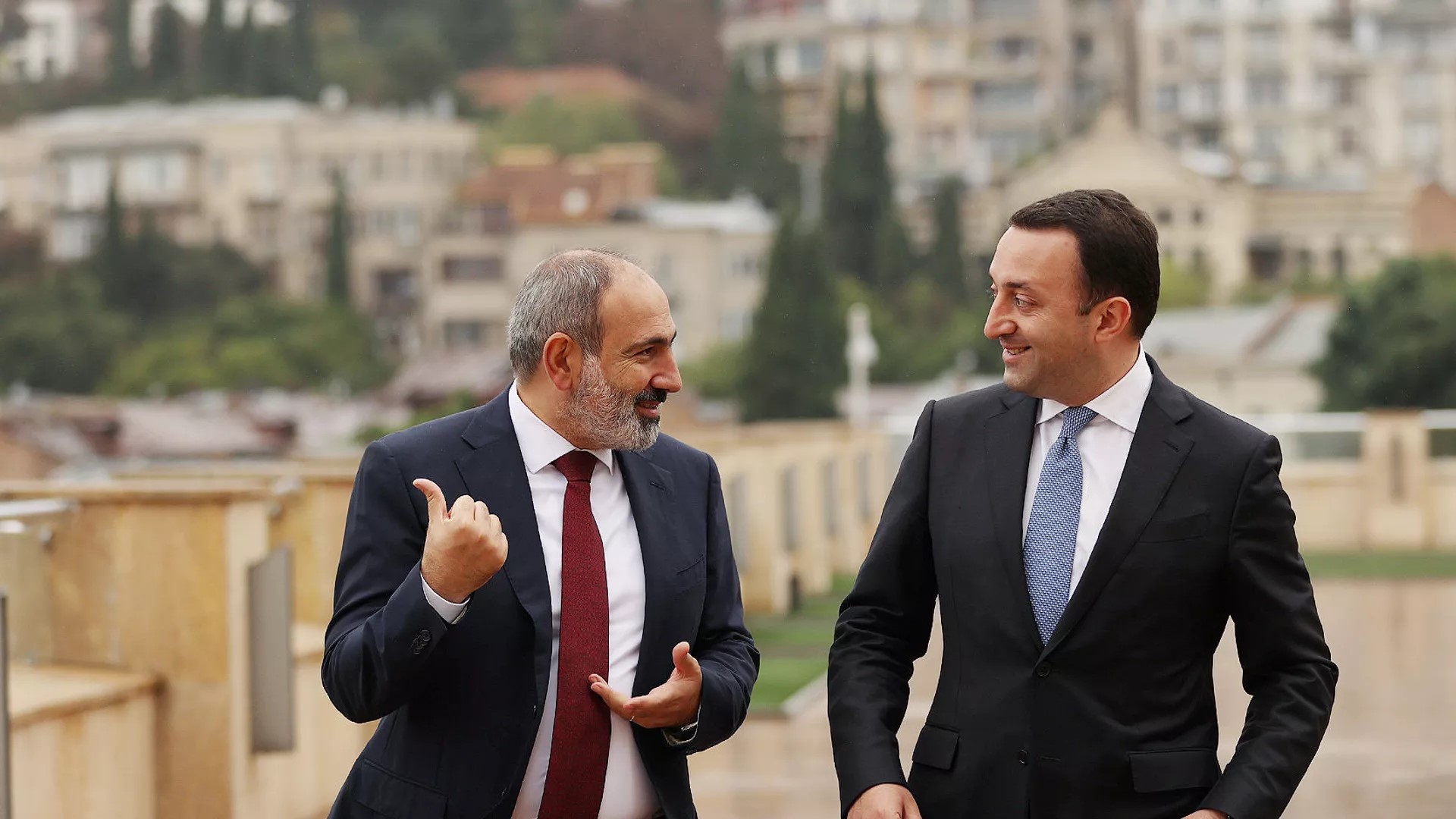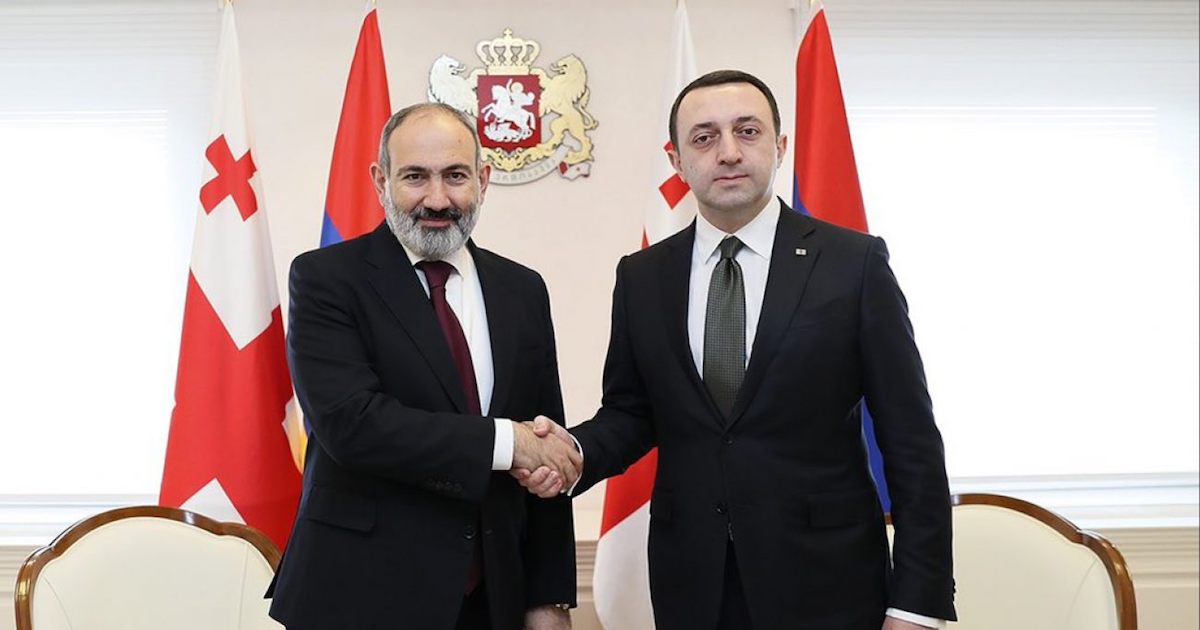Armenia-Georgia strategic partnership: landmark move or mere formality?
Armenia-Georgia strategic partnership
Armenia and Georgia have signed a declaration on strategic partnership, focusing on economic cooperation. The Prime Minister hailed the signing of this document as a “historic decision” and an “achievement.”
However, not all Armenian experts share this view. Some believe that Yerevan and Tbilisi have transitioned from “toasts to serious dialogue.” Others express reservations, stating that the signing of the declaration “fails to inspire enthusiasm,” and they “have questions regarding the substance of this dialogue.” The primary concern is the nature of the Armenian-Georgian strategic partnership’s content.
What do we know about the declaration? Evaluation by authorities from Armenia and Georgia
Nikol Pashinyan and Irakli Gharibashvili signed a declaration establishing a strategic partnership between Armenia and Georgia on January 26. The Prime Minister of Georgia, who subsequently resigned, emphasized that the countries were already de facto strategic partners and were now merely formalizing the level of relations.
“I consider this a highly significant historical decision that will further advance our relations, bolster friendship, and enhance partnership,” Gharibashvili remarked.
The Prime Minister of Armenia regarded the signing of the declaration as a “momentous event” and an “accomplishment.”
“Today’s achievement is the outcome of our collective efforts and dedication over the past few years, reflecting our unity and determination. However, this achievement also underscores the imperative to redouble our efforts and not be confined by past accomplishments,” Nikol Pashinyan stated.ChatGPT
Comments
According to political observer Hakob Badalyan, it is still impossible to ascertain anything about the content of the strategic partnership between Armenia and Georgia, as it essentially does not yet exist; it still needs to be developed:
“At present, the declared strategic partnership is essentially a mutual ‘curtsey’ to France. Considering the fact that only Paris is demonstrating active interest in Armenian-Georgian ‘cooperation’.”
The analyst believes that this interest is a significant factor, but it is insufficient to formulate the content of the Armenian-Georgian strategic partnership.
“Armenia and Georgia simply need coordinated efforts and wisdom to address their differences. If they can achieve this, then in the next decade, there will be no need for other grandiose and boastful declarations,” Badalyan wrote on his Facebook page.
According to Eduard Ayvazyan, the director of the Media Analytical Center of Samtskhe-Javakheti, Georgia perceives that Armenia is no longer under Russian influence, and Tbilisi acknowledges that together they can progress towards the European Union:
“In my view, the signing of the declaration largely arises from Armenia’s current trajectory towards a crucial strategic decision—a pivotal moment in deepening relations with the EU. Meanwhile, Georgia was recently granted the status of an EU candidate country.”
Ayvazyan argues that the signing of the declaration should not be seen as the “culmination of relations” but as the foundation upon which Armenian-Georgian strategic relations should be constructed—within the framework of other, “more substantial documents”:
“Now, we are initiating deeper economic cooperation. However, this declaration will pave the way for the signing of new agreements, including in the realms of military-technical cooperation and security.”
Regarding bilateral Armenian-Georgian relations, Ayvazyan noted the involvement of other players between Yerevan and Tbilisi—Russia, Turkey, and Azerbaijan. He observed that Armenia always considered Turkey and Azerbaijan as “present” in their dialogue with Tbilisi, while Georgia believed that Russia was “present”:
“Armenia and Georgia now have a prime opportunity to distance themselves from these parties and pursue their own policies.”
Follow us – Twitter | Facebook | Instagram
Armenia-Georgia strategic partnership




















